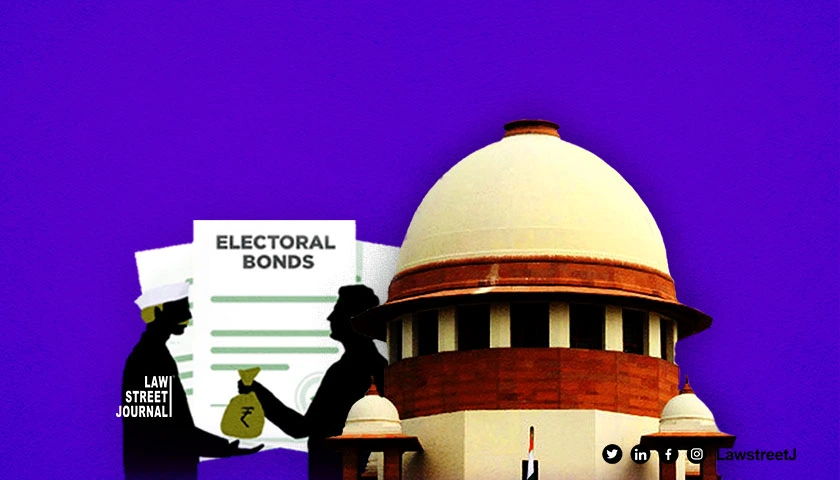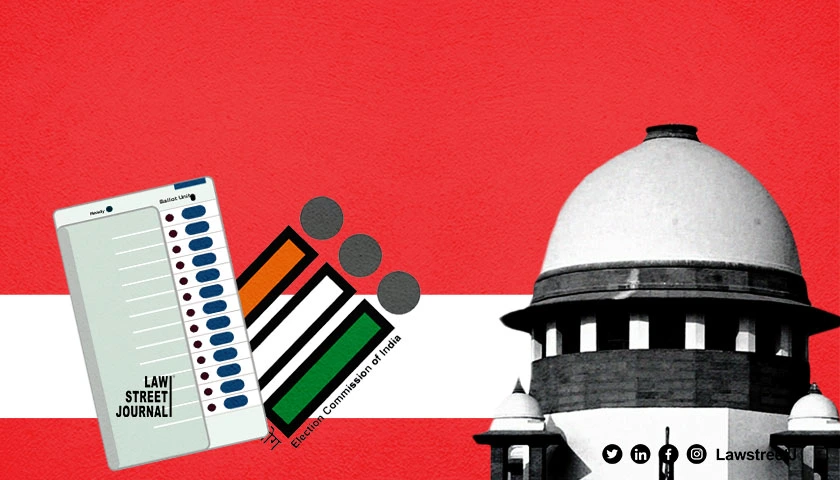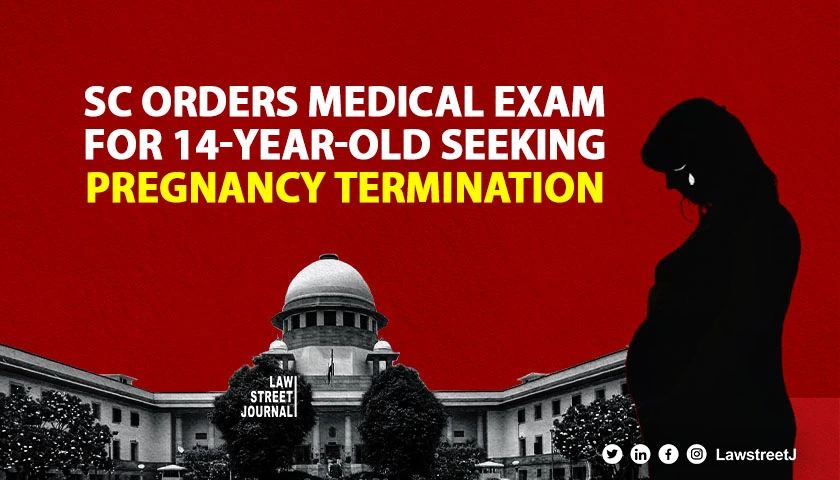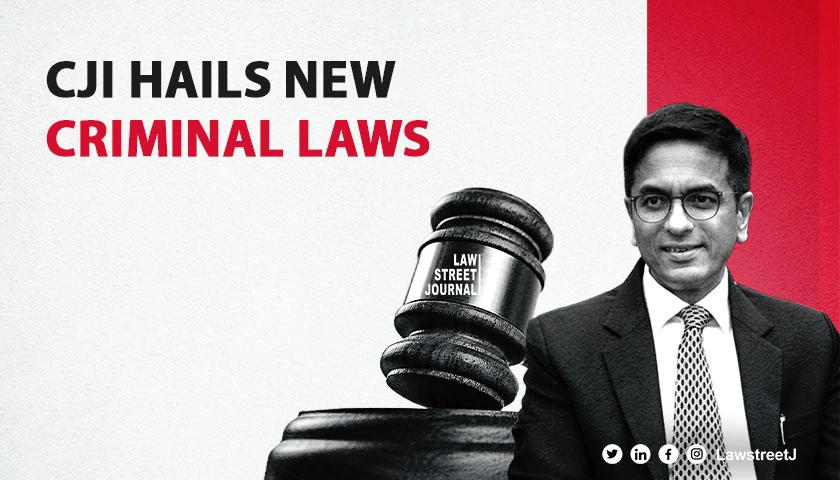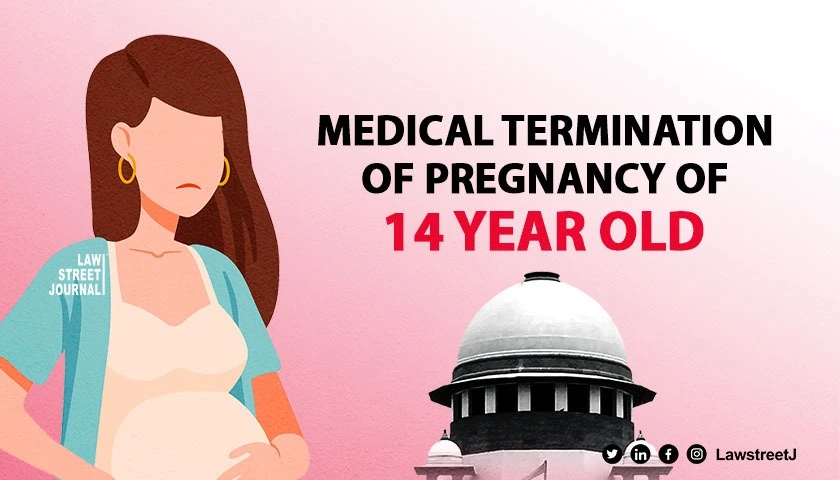The National Green Tribunal (NGT)'s coercive actions against the Municipal Corporation of Greater Mumbai and it's Municipal Commissioner in conjunction with the problem of unregulated dumping waste into the sea, creeks, and river bodies were halted by the Supreme Court on August 13, 2021 (Friday).
The court ruled that using ‘coercive measures’ against the Commissioner was inappropriate, especially since the official is working to combat the Covid-19 outbreak in the city.
The appeal was heard by a panel of Justices D. Y. Chandrachud and M. R. Shah, who were hearing the plea against the NGT's July 16 order directing the Municipal Commissioner of the Municipal Corporation of Greater Mumbai to show up in person with his rebuttal and conformance status in reverence of each of the Tribunal's orders issued in its order of October 14, 2020, in regard to, among other things, ensuring that all discharges, including municipal trash and sewage, are discharged in accordance with the required criteria.
The Municipal Commissioner has indeed been pressed to justify why punitive procedures under Section 25 (Execution of award or order or decision of Tribunal) of the National Green Tribunal Act, 2010 and Section 51 (it is given that when a decree-holder moves to the court for executing a decree, the court can execute such decree by the arrest and detention of the judgement debtor) of the Code of Civil Procedure (CPC), 1908 cannot be used to enforce the Tribunal's ruling.
Upon analyzing various transgressions of environmental standards, the Tribunal ordered the MCGM to pay the following compensation in a decision dated October 14, 2020:
- If the Municipal Corporation does not implement bioremediation, phytoremediation, or other remediation methods for sewage water treatment, the Municipal Corporation must pay compensation to the Central Pollution Control Board (CPCB) at the rate of Rs. 5 lakhs per month per drain;
- Where functional faults of existing STPs have not been corrected and unregulated effluents are released into water bodies, the CPCB would get an environmental compensation of Rs. 10 lakhs per month per STP.
- In the event that construction on STPs, sewerage networks, and interconnection has not yet begun, the Mumbai Municipal Corporation is required to pay an environmental reimbursement of Rs. 10 lakhs per month per STP, sewerage network, and connection beyond December 31, 2020.
- The orders given by the Principal Bench of this Tribunal with relation to the Musi River and combating with coastal pollution must be rigorously followed, and in the event of a breach, the State PCB is required to move in accordance with legislation to obtain environmental reparations.
- As instructed by the Tribunal's Principal Bench, 100 percent sewage treatment may be ascertained, with a deadline of 31 March 2021 for accomplishing all moves of the implementation plan, including the completion of STP construction and commissioning, and remuneration of Rs.10 lakhs per month per STP with in particular instance of the River Ganga.
- The Bombay Municipal Corporation is responsible for Rs. 4.25 crores per month in environmental damage and Rs. 29.75 crores in backlog for the dumping of toxic sewage water into bodies of water. The BMC is required to pay Rs. 29.75 crores to the CPCB's bank in 30 days after August 16 (Monday), and to make monthly payments of Rs. 4.25 crores till the entities involved implements bio-remediation or phytoremediation procedures. If sewage water is remedied or treated, it will be decreased at a rate of Rs. 5 lakhs per month per drainage in a methodical manner.
The bench stated that the issue raised in the NGT proceedings is truly serious, because it ‘corresponds to the discharge of industrial waste into the sea, creek, and river bodies,’ and that the Municipal Corporation must, in our opinion, take every opportunity to cooperate with the NGT's directions by erecting the appropriate infrastructure and improving existing amenities.
The extravagance of utilising aquatic bodies as dumping sites for city trash is a privilege that humanity cannot afford. Saying that the NGT's orders would have fiscal repercussions for the Municipal Corporation is an unequivocal no-no, especially since the professional committee's report shows the exact opposite. The outflow of contaminated water and trash from Mumbai is a significant problem that must be addressed as soon as possible. The bench stated that environmental conservation is a subject of universal interest.
The Municipal Corporation and the Municipal Commissioner should react to the notification issued by the NGT, according to the panel. At the very same moment, the panel stated that using coercion against the Municipal Commissioner is ‘inappropriate’, especially since the authority is involved in a monumental attempt to respond to the Covid 19 epidemic for the protection of the metropolis's citizens. The panel stated that the Municipal Corporation of Greater Mumbai (MCGM) and the Municipal Commissioner must be given adequate time to inform the Tribunal of their actions.
As a consequence, we direct that the Municipal Commissioner file an affidavit before the NGT within two weeks of today (August 16), unequivocally suggesting the measures taken to act in accordance with the NGT's instructions, particularly as it relates to monitoring conformity with the appropriate guidelines for the discharge of effluents such as municipal waste and sewage. The affidavit must include a comprehensive plan vision for the future. The NGT may take into account the affidavit and the actions taken to ensure conformance, the bench remarked.
Nevertheless, the court noted that, barring further rulings, no coercive measures against the Municipal Commissioner or the Municipal Corporation in response to the July 16 order will be implemented. Nevertheless, if the Municipal Corporation doesn't really produce an earnest attempt to present a comprehensive calendar of measures done and those planned to be taken before the NGT. “We may be forced to withdraw the stay on the directive on next date of hearing,” the bench ruled.
The foregoing instructions ought not be understood as giving the Municipal Corporation special rights to continue violating the specified pollution control rules during the interim, and all efforts must be made to ensure that it complies until then, the court stressed on August 13, 2021 (Friday).
During Friday's proceeding, Justice Chandrachud also emphasized that "small cities must be safeguarded from the impoverishment of industrialisation that would presently occur there."
The NGT had mandated that the severe effluent discharge standards established for Sewage Treatment Plants in metropolitan and other large cities be applied throughout the country.
Justice further added that, "Is it possible for the government to claim that residents in smaller cities have a lower life expectancy than in metropolitan areas? There must be a consistent standard of living."
"Realize what it was like to grow up in Chennai, Bengaluru, Kochi, and Mumbai? What will happen if we don't take care of the cities on the verge of becoming urban? The monies are held by the Indian government and state governments. What exactly are they up to? They should put money into smaller cities!", Justice Chandrachud observed.
![Supreme Court stays NGT's coercive actions against Greater Mumbai Municipal Commissioner over the issue of sewage disposal into waterways [READ ORDER]](/secure/uploads/2021/08/lj_5977_sc.jpg)
